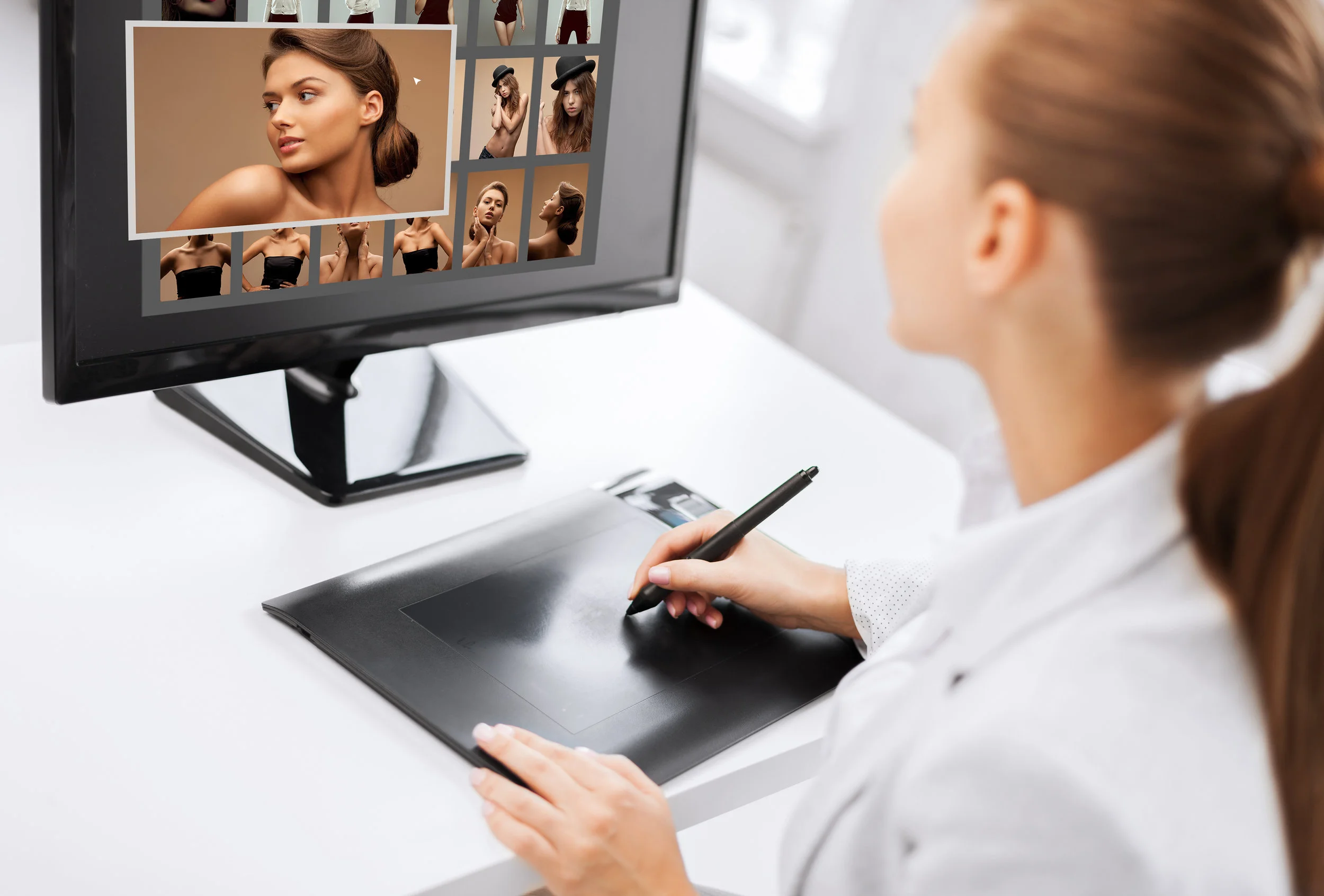The rise of Instagram and other social media means that most of us have our picture taken and displayed probably more than any other group of people in history, thus far. Smartphones add an additional facet; we also have the opportunity to edit the images we share of ourselves, sometimes to a radical degree.
Debates about magazines (specifically women’s magazines) Photoshopping models beyond recognition and how that influences social dynamics about female appearance and image acceptance (or lack thereof) led to a movement for change in a small sector of the media. Proponents have advocated using only light image editing (usually for lighting), but not altering the people in the images due to perceived “flaws” like wrinkles, stretch marks, or body parts deemed too big--or small--to be aesthetically pleasing to audiences.
In 2017, the French government banned the use of retouched photos by advertisers without use of a disclaimer, calling the epidemic of editing a component of a national health crisis. Getty, one of the biggest suppliers of commercial stock photos, followed suit by barring retouched photos from its commercial category, signalling a shift in many companies’ awareness that mirrors the societal one. Magazines like GORGO and companies like Dove and ModCloth have made decisions to move away from using photo editing to drastically alter their models, and several celebrities have called magazines out over retouched photos...a compelling move that illustrates just how unrealistic many of the images we see really are.
The fact that there’s such significant effort directed at correcting media image representation, especially when you take into consideration the 21st century ability of regular people to take, retouch, and disseminate photos that depict something other than reality, raises the question...is it time to talk about how filtering our own images contributes to the problem?
No one is saying that putting puppy ears on a pic or laying a flattering filter over the occasional photo is a horrible thing, but there’s a growing dynamic on social media; women who are unrecognizable in real life from their social media images.
A Daily Mail article from 2015 surveyed a group of women and found that 66% didn’t agree with magazines heavily editing photos that we see...but almost as many admitted that they do the same thing in their social media photos.
Is that a double standard?
It may be a normal reaction to feel a little “less than” if you’re bombarded with pictures of seemingly perfect faces and bodies, but is a healthy response to alter your own photos so that you are misrepresenting your own image?
Using makeup, wearing Spanx (or padding), getting cosmetic surgery, using anything in a jar that will help you turn back the hands of time...there’s a spectrum of image altering that most of us engage in, but at some point, you still have to deal with the reality of who you are, and what you look like.
Is filtering yourself beyond recognition really going to help your self esteem in the end? Or is it going to make it even more unlikely that you’re happy with what you see in the mirror, if you’re comparing it to what you’re looking at--along with your Facebook friends and Instagram followers--on your social media posts?
My "no filter" photo as I posted this. xo
In the end, although we do have to hold our media to a certain standard, and a good amount of the blame for skewed perceptions can be laid at their feet, we have to take some responsibility, ourselves.
You don’t necessarily owe the rest of the world any level of accuracy--dating app honesty aside--but does your filtering and photo doctoring make you feel as if your actual image isn’t good enough?
If that’s the case, consider presenting your real face, and your real body to the social media world...and give everyone the chance to admire what really is, instead of what’s been created.
Some won’t. That’s okay. The important thing is for you to be able to love what you see.
Reality may not be perfect, but it can still be beautiful.




